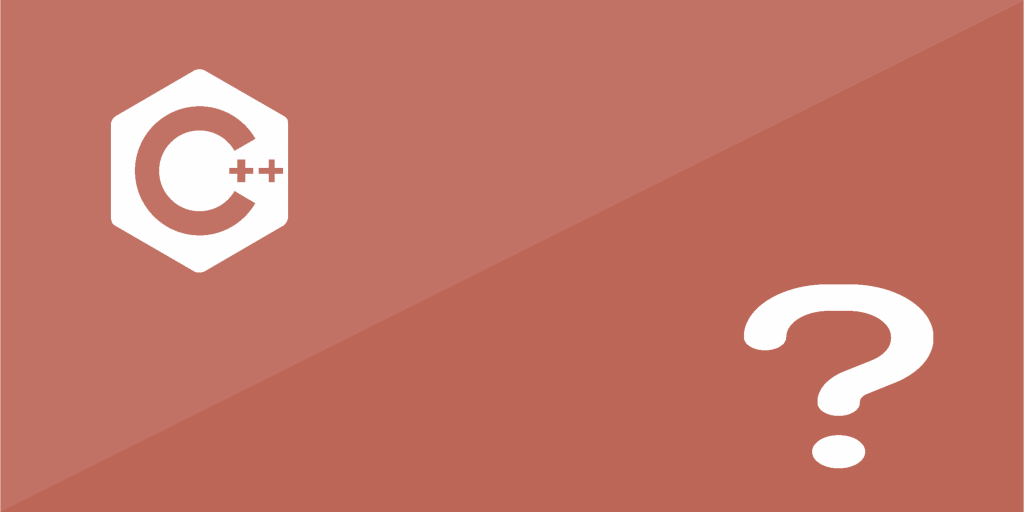What You Will Learn
- Differences between C++98, C++11, C++14, C++17, and C++20:
Understand the evolution of C++ standards and the key features introduced in each version. - Advantages and Disadvantages of Using Templates in C++:
Learn how templates can enhance code reusability and performance, along with potential complexities. - Lambda Expressions in C++:
Discover how lambda expressions simplify function definitions and enhance functional programming capabilities. - Memory Management in C++:
Explore how C++ manages memory, common pitfalls, and best practices to avoid memory leaks and other issues. - RAII (Resource Acquisition Is Initialization):
Understand how RAII simplifies resource management and improves code reliability.



